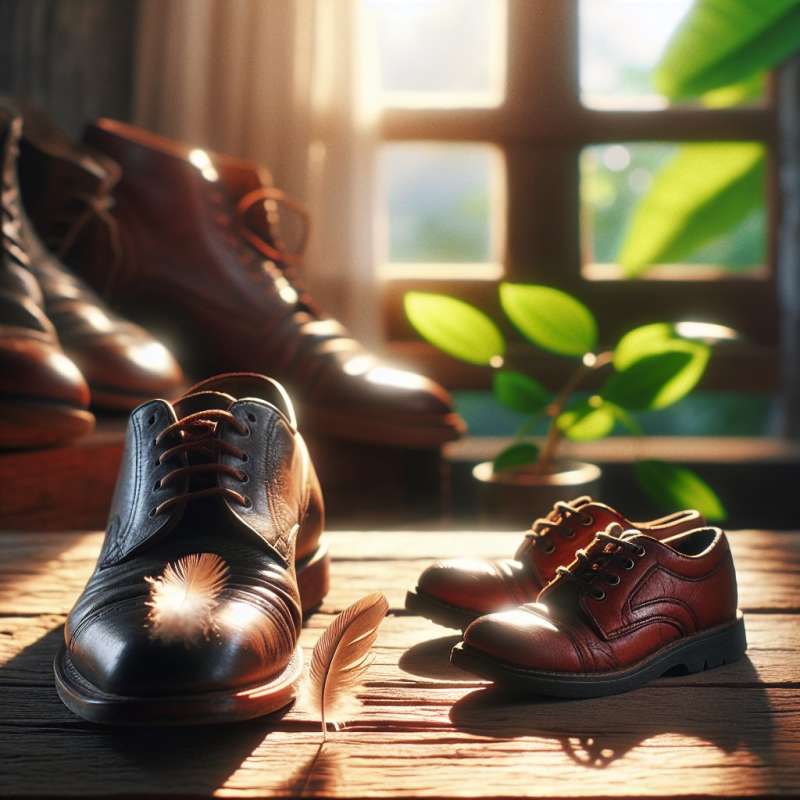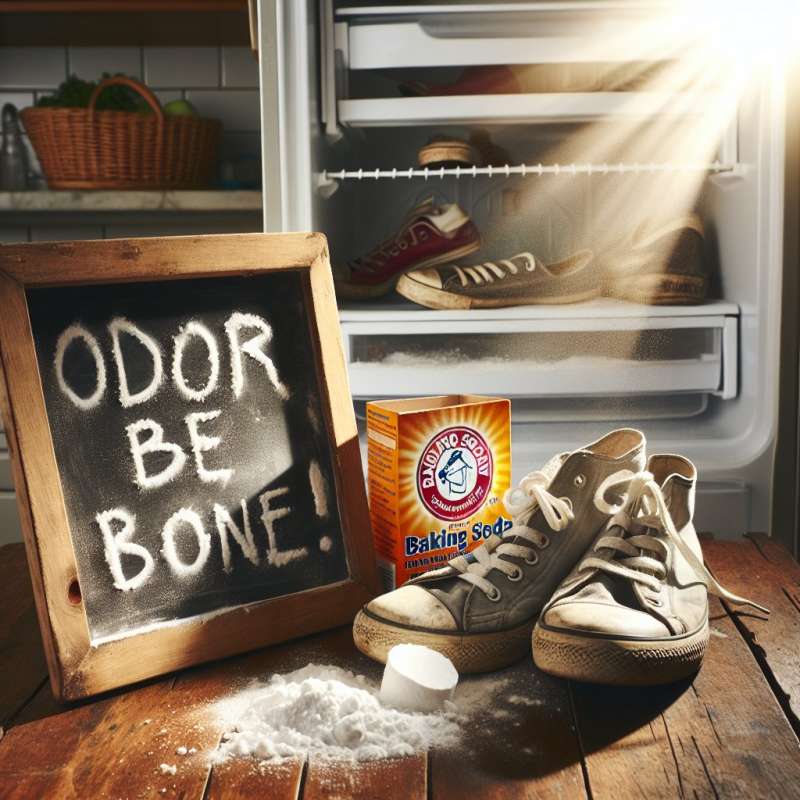
Understanding Shoe Odors
Shoe smells often originate from bacteria thriving in moist environments. These microorganisms break down sweat, leading to foul odors. Proper shoe hygiene reduces bacterial growth and smell intensity.
Sweat: The Odor Source
Feet have about 250,000 sweat glands and can produce up to half a pint of sweat a day. This creates a damp habitat ideal for bacteria, resulting in shoe odor.
Materials Matter
Shoe materials influence odor intensity. Natural materials, like leather, allow better air circulation than synthetic materials, reducing sweat accumulation and subsequent smell.
Innovative Odor Solutions
Advancements in shoe technology include antimicrobial insoles and moisture-wicking fabrics. These innovations aim to prevent odor by tackling its root causes: moisture and bacterial growth.
Home Remedies Unveiled
Common household items can combat shoe odor. Baking soda absorbs moisture and neutralizes smells, while freezer sessions kill odor-producing bacteria without damaging the shoes.
Prevention and Care
Prevent shoe smells by regularly rotating footwear, using foot powder, and maintaining foot hygiene. Dry shoes thoroughly before wearing them again to deter bacterial growth.
When to Replace Shoes
Over time, shoe materials break down and cannot prevent odors effectively. If persistent smells persist despite cleaning efforts, it may be time to consider replacing your footwear.Bacteria's Sneaker Banquet
Some shoe bacteria can double their numbers every 20 minutes, turning your sneakers into a veritable feast for microbes.
What primarily causes shoe odors?
Dirt accumulation inside shoes
Sweat breakdown by bacteria
Poor shoe design only
Company